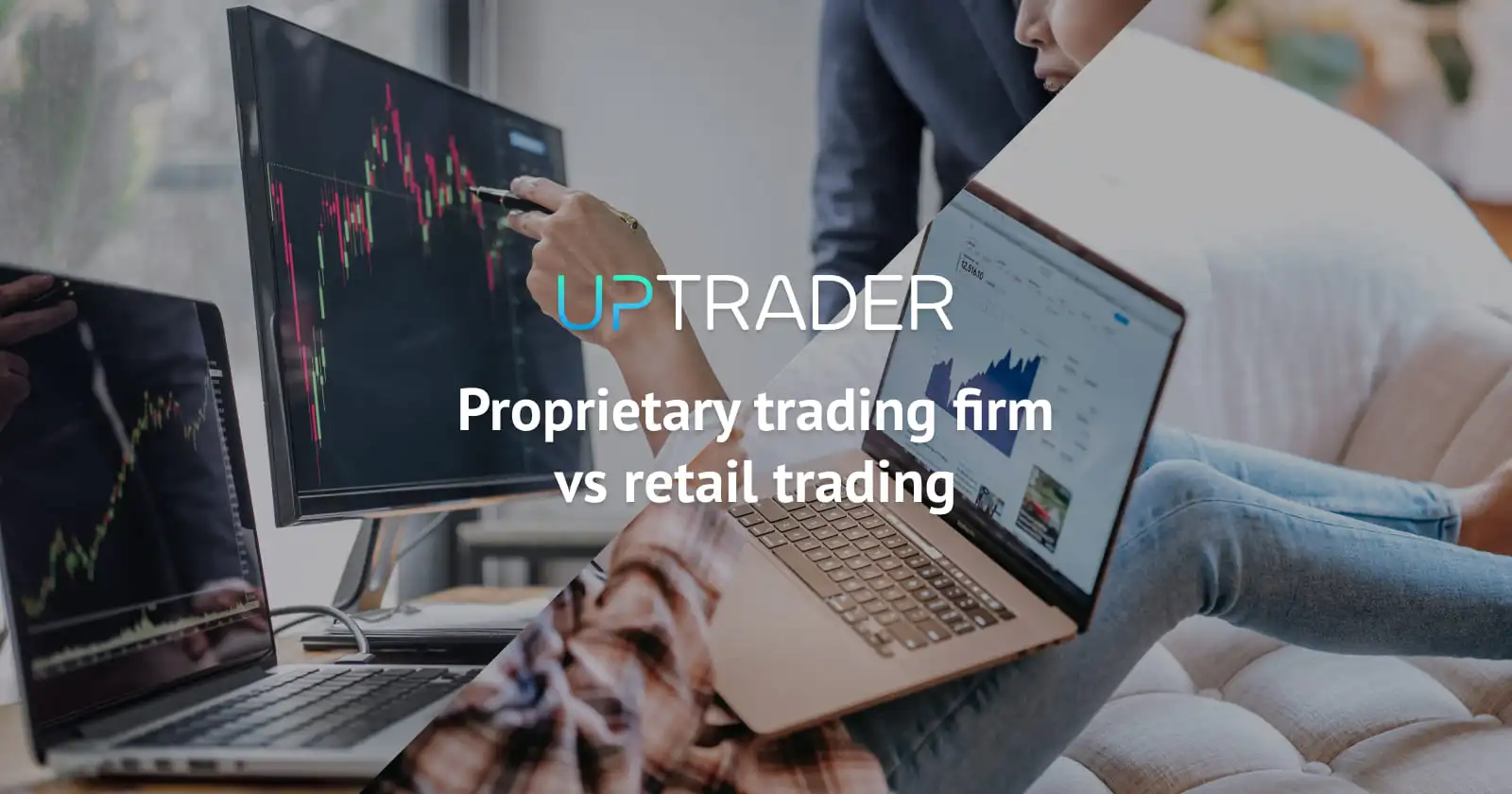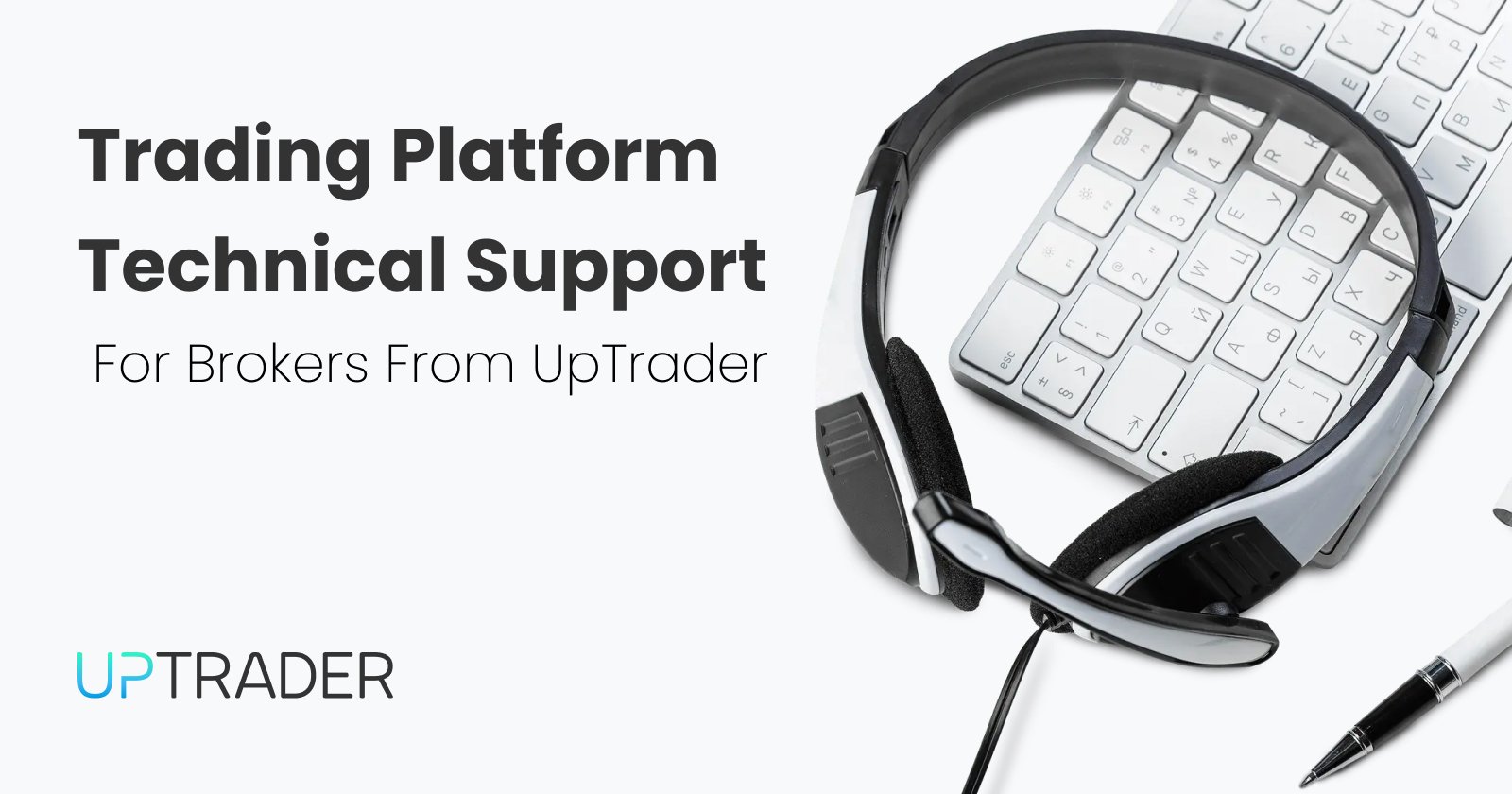Proprietary trading firm vs retail trading

Share this publication:
We regularly get requests from prop firms for CRM integration. Let's discuss the difference between a Proprietary Trading Firm and Retail Trading.
What exactly is a proprietary trading firm also known as a "prop shop"?
Proprietary trading happens when a prop firm hires a prop trader to trade company funds. That is, a prop firm is a type of financial company that hires a trader who will capitalize on the company's money acting on its behalf. Such companies became widely known after the financial crisis of 2008 when their speculations with huge sums on the market of such derivatives as CDOs (collateralized debt obligations), credit default swaps and other synthetic instruments had quite a serious effect on the mortgage market which eventually collapsed and led several major banks to bankruptcy. Back then, almost any competent trader could become a proprietary trader and get access to big money management.
Key differences
The key difference between retail trading and proprietary trading is that a retail trader trades with their own funds, while a prop trader trades with the funds of a company which specifically hired such a person to capitalize on the firm's assets and make even more money. In this case, the prop trader takes up to 70% of the profits for their speculations, while the company itself gets 30%, even though it provides the money and takes the risk.
Prop traders working for prop firms are usually subcontractors, as opposed to traditional brokers hired by the company. Funding in such companies is shared among all the prop traders who trade with the firm.
Who to trade with: retail or prop firms?
When trading with a retail broker, the trader transfers their own funds to a trading account. The broker in this case provides leverage, thus increasing the trader’s turnover, a platform, and access to the trading instruments, normally charging commission for it. The trader is still limited by their own capital, but on the plus side, they don’t have to follow trading rules set by the firm, since they own the funds they trade with.
As for prop trading, it has wide prospects of managing huge amounts of company's capital and thus receiving potential profit, but the trader must observe strict rules.
Getting into trading
Here, everything is simple: retail trading is open to all. The broker sets the minimum deposit amount, the trader deposits the account and starts trading. A prop trader, unless they have a reputation, needs to prove their abilities. To do that, the trader is given a trading account, usually with demo funds, where they trade for a certain period of time. At the end of this period, the result is evaluated and a decision to provide real capital for management is made.
Brokerage and prop firms often earn their money by training newcomers. There is nothing inherently bad in it if the company does not try and trick you by promising a fortune for depositing your account, but simply provides a training service for a fixed fee.
SCAM
Prop trading market is full of scams, as well as the retail trading market. So before you decide to fund your account, you should weigh the pros and cons and research the company’s background online. Do not fall for marketing campaigns that require you to make rash decisions. For companies, it is a way to get fast money from new clients, for a trader, it entails a high probability of rapid capital loss. The rule “If you think that the offer is too good to be true, perhaps it is not worth to risk your money” always works.







